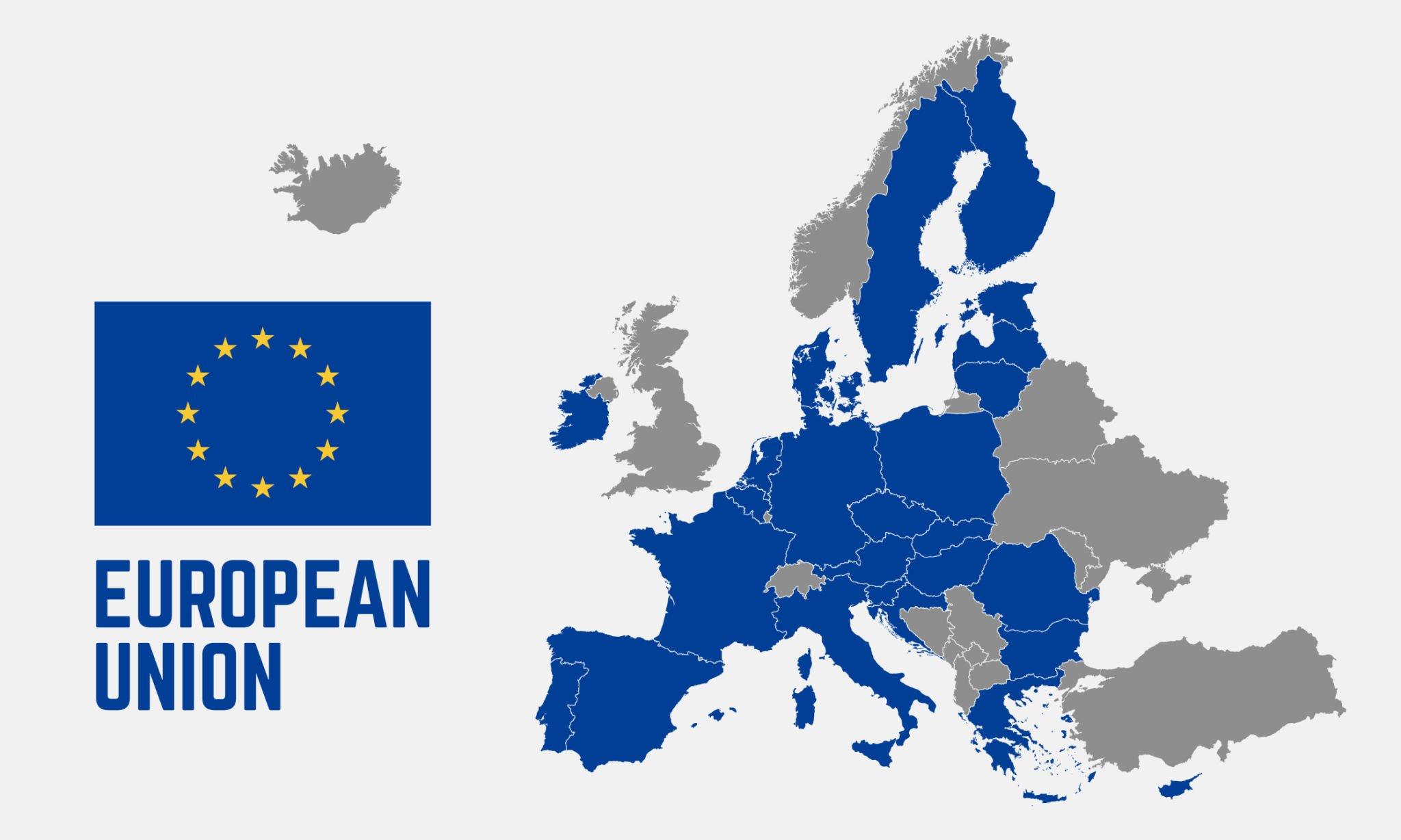Europe, with its rich tapestry of cultures, stunning landscapes, and diverse opportunities, has long been a magnet for international students and professionals seeking a unique experience. Many are drawn by the allure of top-notch universities, thriving job markets, and the promise of an enriching cultural adventure. However, there's a common misconception that can catch even the most prepared adventurers off guard: the assumption that English proficiency alone will suffice.
Yes, it's true that in several European countries, English is widely spoken, and many academic programs are offered in the English language. But here's the truth that seasoned travelers and expatriates will tell you: Europe's linguistic landscape is as varied as its geography. Each country proudly boasts its own official language, and while English may open doors, it's often the local language that truly unlocks the full European experience.
The Allure of English
It's no surprise that many aspiring students and professionals are attracted to European countries that offer English-taught programs and where English proficiency is relatively high. These countries include the Netherlands, Sweden, and Denmark, among others. English fluency in these places can indeed smooth the transition, but it's not a panacea for all challenges.
The Missing Piece: Local Languages
To understand why learning the local language is essential, consider the following scenarios:
-
The Job Hunt: While there are English-speaking job opportunities, especially in cosmopolitan cities, many employers prefer or require their employees to be proficient in the local language. Proficiency opens up a wider range of career possibilities and strengthens your competitiveness in the job market.
-
Integration: Learning the local language is the key to full integration into the culture and society. It enables you to communicate with locals, understand traditions, and build deep connections within your new community.
-
Quality of Life: The ability to speak the local language eases everyday tasks such as grocery shopping, banking, and navigating public transportation. It empowers you to be self-reliant and reduces the stress associated with language barriers.
-
Academic Pursuits: If further education is in your plans, be aware that many postgraduate programs and research opportunities are conducted in the local language. Proficiency may be required for admission.
-
Cultural Immersion: Learning the local language enriches your cultural experience. It allows you to appreciate literature, cinema, and arts in their original form, deepening your understanding of the country's heritage.
-
Administrative Matters: For legal processes, visa applications, and dealing with authorities, knowing the local language is often crucial. It ensures you can navigate bureaucratic hurdles effectively.
-
Respect and Connection: Locals generally appreciate when foreigners make an effort to learn their language. It demonstrates respect for their culture and fosters meaningful connections.
The Multilingual Advantage
It's important to note that Europe's linguistic diversity is a treasure trove waiting to be discovered. Many Europeans are multilingual, and learning the local language can often open doors to neighboring countries and cultures as well. For example, learning German in Austria can enhance your travel experiences in Germany and Switzerland.
In conclusion, while Europe's allure is undoubtedly strong, your journey will be significantly enhanced by embracing the local language. It's a key that unlocks opportunities, deepens connections, and enriches your adventure in ways you may not have imagined. So, as you embark on your European odyssey, remember: English may open doors, but the local language opens hearts and minds. It's the key to unlocking the true essence of Europe.





Comments (0)
Leave a Comment